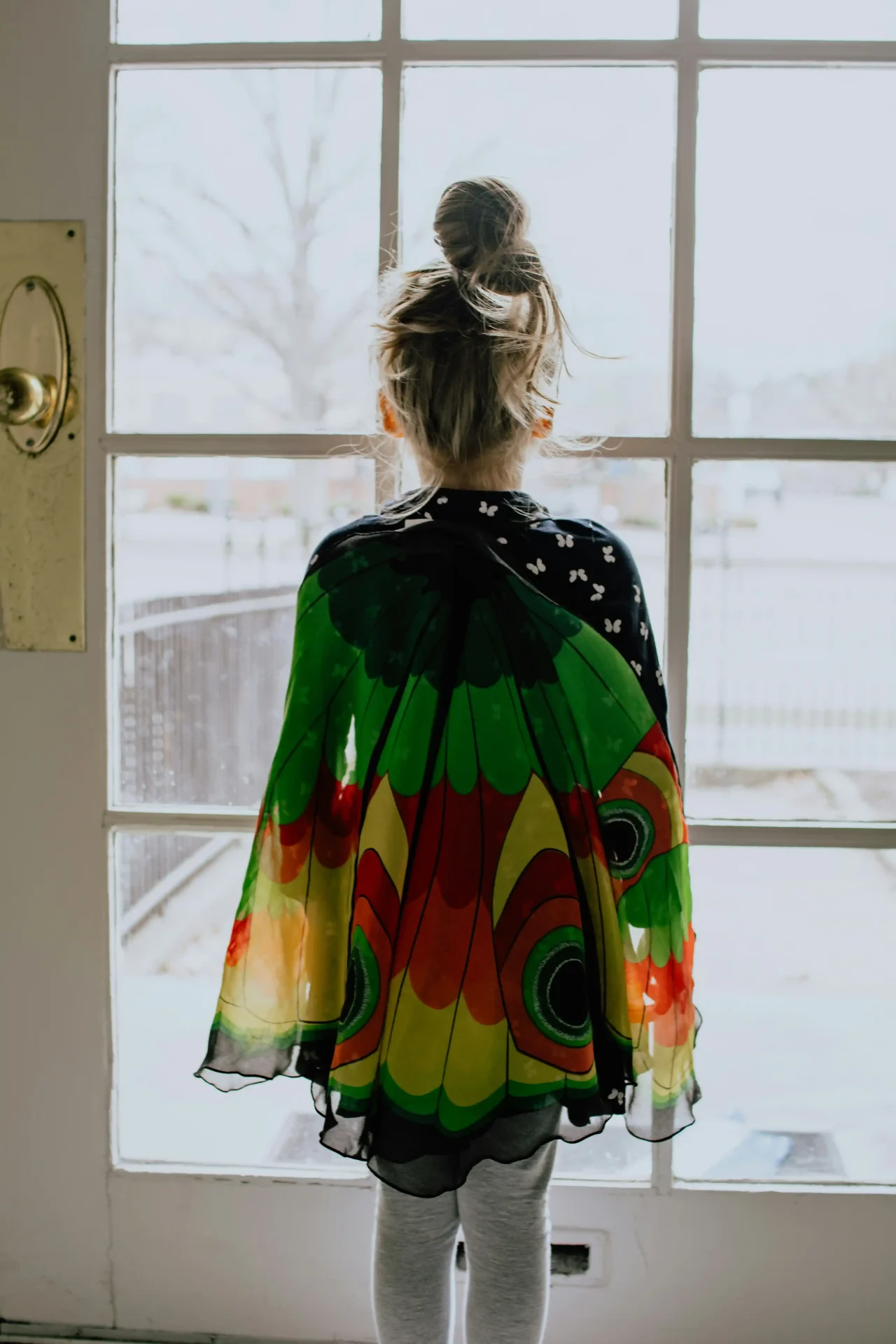Restorative Reminders
How Grieving is not Grief
- Anugrah

Grief is not Grieving
Grief is our genuine reaction when we lose someone or something very dear to us. Grief is to recognize and acknowledge our loss.
As children our brain learns about the world’s details, to draw patterns in three dimensions – time, space and closeness.
Every time kids sulk when friends leave, or change schools, when family relocate they are experiencing some level of loss. Every abandonment (even emotional) is a smallish grief pang for a child. We learn to recognize loss and the grief attached to it from our formative years.
When we recognise grief, we may or may not react to it like crying, going numb, getting angry, or sulking, yet grieving is a process of learning to live a meaningful life without our loved ones.
Even after many years of losing your loved one, when you still have random reflexive split-second memories to overwhelm you, you are practically grieving. Grieving is us going through the nostalgic lanes and reliving them in our minds. Though love is a thing of the heart, our brain equally participates in the process. Our neurons help us form attachments with others in love and in relationships; but, with loss, our brain must come to terms with where our loved ones went, or how to picture a future that encircles their absence.
Neuroscientist Mary-Frances O’Connor, PhD. studies the neurophysiology of grief and is a pioneer in MRI research of our brain. She says,
“Grief is a heart-wrenchingly painful problem for the brain to solve, and grieving necessitates learning to live in the world with the absence of someone you love deeply, who is ingrained in your understanding of the world. This means that for the brain, your loved one is simultaneously gone and also everlasting, and you are walking through two worlds at the same time… a premise that makes no sense, and that is both confusing and upsetting.”
[…]
“Grieving, or learning to live a meaningful life without our loved one, is ultimately a type of learning. Because learning is something we do our whole lives, seeing grieving as a type of learning may make it feel more familiar and understandable and give us the patience to allow this remarkable process to unfold.”
Loss is not just death and we not precisely grieve over death. We also lose people to distance, differences, damage to relationships, despair and heartbreaks. We lose them in different phases of our lifetime at different levels. And every time we relearn to live with the fading of that safe house of shared memories, physical presence and trust.
Grieving is a process.
And we can grieve for a longer time than others, even life long. The older we become the harder it is for the brain to remap itself. Harder for our hearts to consider reliving again.
Read more: How long should we grieve
Newsletter Updates
Sign up for Delights of the Ordinary. Weekly letters send to your inbox as reminder to slow down that intersects life, art, culture and our practical 9-5 job space.
